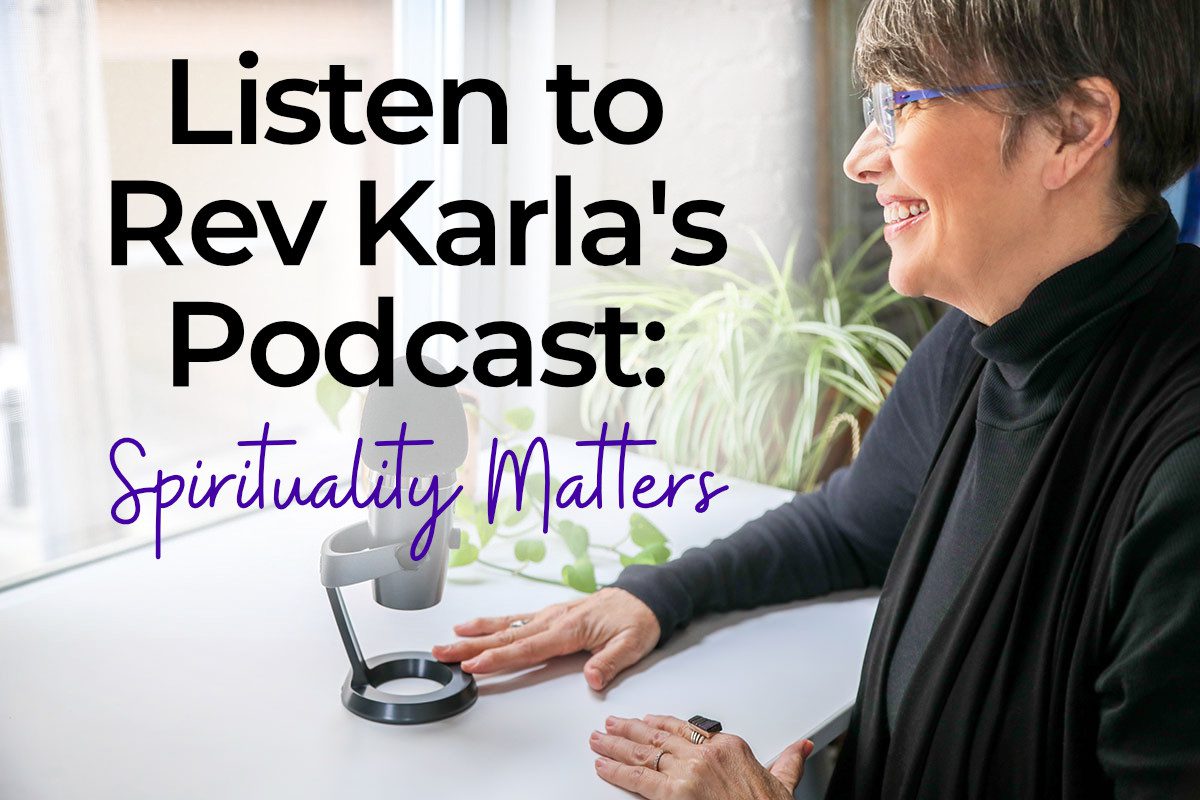Leaving Church is Not Enough
Why rejecting your faith is different than deconstructing from it.
Like most of you, I’ve been posting on social media for many years. Although I considered myself experienced in the social media game, nothing prepared me for going viral on TikTok.
Even though the platform appeals to a younger audience, we just surpassed 500,000 followers and we’re still growing. Engagement is what makes the time commitment worth it. Even the negative comments provide an opportunity for dialogue that teaches and empowers our followers.
One of the first videos that went viral on TikTok was about affirming the LGBTQIA+ community to live authentically without the fear of sin or eternal damnation. Almost immediately after posting it, someone responded, “Although I’m an atheist, I grew up reading the Bible, and being gay is a sin. Stop lying to people.”
While it isn’t uncommon to receive comments saying that the Bible says being gay is a sin (for the record – it isn’t), I found it interesting that someone who identified as an atheist felt the need to state his non-belief while defending this homophobic interpretation of scripture.
That is basically what I said to this person, and his response back was even more perplexing. He became very defensive and insulting, insisting that he could care less about the harm it does the LGBTQIA+ community. He reiterated that if they’re gay, they’re going to hell because being gay is a sin.
We went back and forth a few times – me attempting to get this self-proclaimed atheist to explain why he felt the need to comment on a video that was about helping the LGBTQIA+ community heal from religious trauma. He refused to explain and finally became frustrated with my asking him to elaborate, so he deleted his comments and blocked me.
Since that experience several months ago, I’ve encountered similar situations with people who have left church but double down on their interpretation of scripture and how it applies to our lives today. When these commenters are open to answering my questions, I find that all of them have had bad experiences inside Christianity that led to their exodus from church.
While many of them have said they “deconstructed” from religion which led to their now identifying as spiritual-but-not-religious, agnostic or atheist, the vast majority of them did not pursue a deconstruction that healed them from any religious trauma they may have experienced, nor did they seek an understanding of how their indoctrinated religious beliefs still impact their lives outside of Christianity.
To bring light to this, I am typing this as I’m actively monitoring comments on a video I recently posted. Someone said she was glad she deconstructed from religion because she feels freer than ever before. However, she is sad that she will not see her family in heaven, and has accepted that she’s going to hell.
Let me be clear about what I’m saying. Your beliefs are your beliefs. Deconstructing can take many different forms, and the end result can be different for each person. While there are no hard and fast rules, deconstructing should include a peeling back of indoctrinated beliefs to see them outside the construct of your religious heritage, as well as a commitment to healing from religious trauma.
Without it, there is risk of holding on to biases and prejudices that will continue to impact how you are showing up in the world. Christianity, in particular the modern Americanized Christianity, has a dark history of being entrenched in white supremacy. Those biases will impact your ability to become an advocate for the marginalized – what I believe is one of the most critical elements of spirituality.
How liberating it would be for this young woman who lives with the belief of hell to do this sacred work and understand that hell is a human-made construct to instill fear in people who, in turn, will be loyal to a system that is hyper-focused on perpetuating its own existence!
In looking back over these past 18 months on TikTok, I think of the people who now live outside of church yet continue to condemn others to a hell that they supposedly don’t believe in. I think of the vitriol they hurl at me as I offer a mirror into their hypocrisy. They simply refuse to open their eyes and see how their own trauma has manifested as anger and judgement.
I think of my own deconstruction journey that found me on the floor many times as I grieved the loss of my religious heritage. I’m grateful to my mentors who lovingly guided me through spiritual care and a shedding of those beliefs that had me convinced that as a Christian I was superior, and outside of Christianity, were those doomed to a fiery hell.
I think of the thousands of people who are actively doing the work of deconstructing. The ones asking incredible, life-changing questions, engaging with and supporting one another throughout their own journeys. Every day, we receive messages from people sharing their gratitude for helping them heal from religious abuse and for giving them hope that peace and happiness can happen after leaving Christianity.
I no longer waste my time engaging with people who have rejected religion but have not deconstructed from it. It isn’t because I don’t care – I do. The reality is that there is only so much time in a day filled with helping people who truly desire it and are committed to doing the hard work.
Arguing with people who cannot see that rejecting their religious heritage is not the same as deconstructing from it has proven to be a fruitless effort. It’s also left me exposed to people who resort to attacking me instead of considering that their views are still deeply entrenched in toxic theology.
If you are deconstructing or feel as if you have fully deconstructed, I invite you to look into this mirror to reflect on what beliefs are hiding in the deep recesses of your wounds. Declining this invitation may be pointing you to your own blind spots of biases and prejudices you are protecting.
Rejecting without reflecting on how religion has impacted and continues to impact your views and perceptions may be inhibiting your healing.
Deconstructing from Christianity is work – hard work, Beloved.
Here is the mirror. Look deep into your eyes, and ask,
“What inside me needs to be healed so I can show up in my life as a better version of myself?”
Then do the work.
In the end, it’s worth it.
Blessed be.


